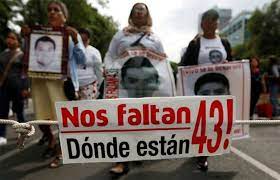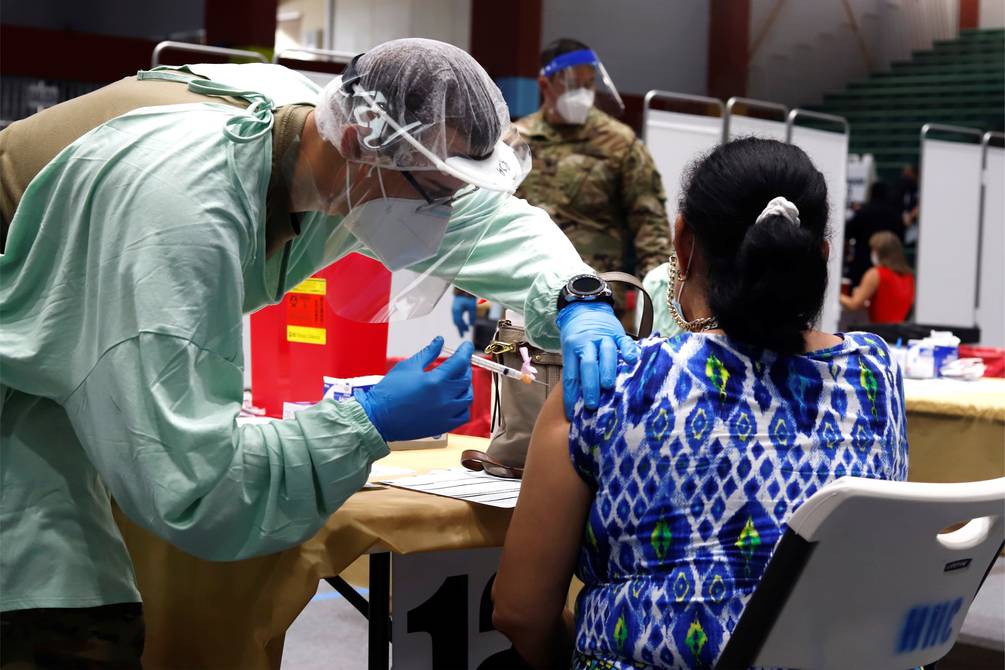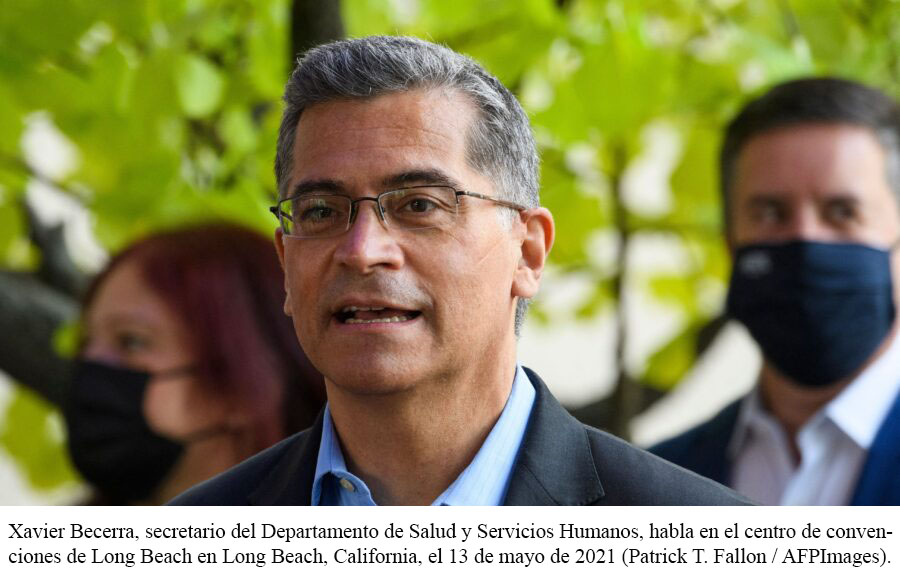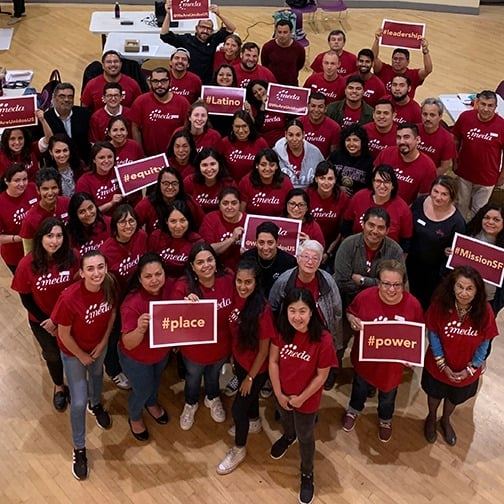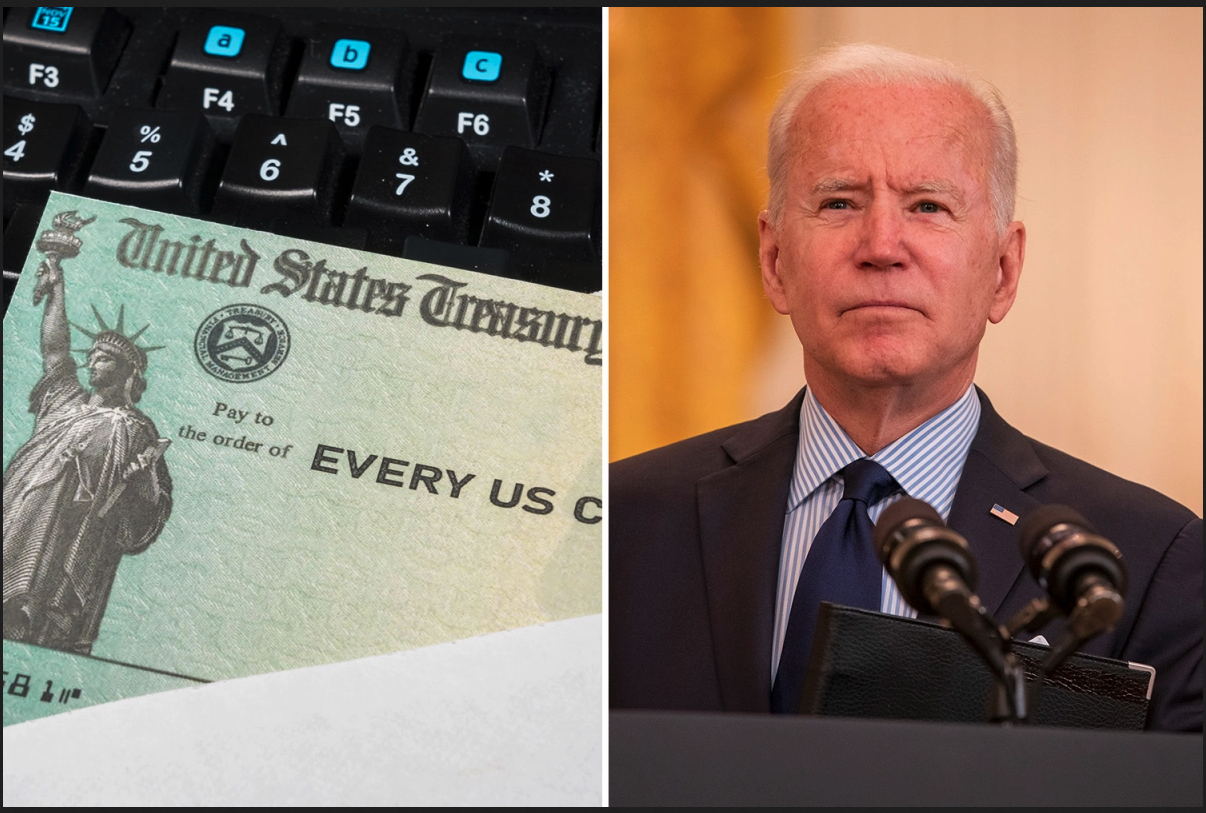by Ramon Tomey
A California appeals court ruled that a state law punishing care home workers for “misgendering” their elderly wards was unconstitutional. The California Third District Court of Appeal’s July 16 decision sided with First Amendment speech protections – with all three judges in the panel ruling unanimously. Because of the July 16 ruling, care home staff no longer needed to worry about being penalized for using pronouns that were inconsistent with elderly residents’ claimed gender identity.
The court’s decision pertained to the Lesbian, Gay, Bisexual and Transgender (LGBT) Long-Term Care Facility Residents’ Bill of Rights, which was signed into law by former California Gov. Jerry Brown in 2017. It banned long-term care facilities from discriminating based on people’s sexual orientation, gender identity, gender expression or HIV status. The California Legislature added it to the state’s Health and Safety Code in the same year.
Democratic State Sen. Scott Wiener said in 2017 that he wrote the bill due to reports of elderly LGBT people being mistreated. He added that LGBT seniors face special challenges that were not covered by existing nursing home laws.
“We have a number of advocacy organizations that are very excited about the bill that helped us get it passed. [They] are definitely putting the word out that people living in long-term care facilities have these protections and should be aware of them,” Wiener said.
However, an informal group of state taxpayers calling themselves Taking Offense challenged the law. They challenged a provision in the California Health and Safety Code that banned staff members from “willfully and repeatedly referring to a facility resident by other than [their] preferred name or pronoun when clearly informed.”
According to Taking Offense, the said provision violated care home staffers’ right to free speech, free exercise and religion and freedoms of thought and belief. The group added that the said provision is vague and overbroad. (Related: Federal appeals court rules in favor of professor who refused to use preferred pronouns of transgender student.)
Penalizing people who misgender is a “restriction of speech”
In its 46-page decision, the court said “it recognized the [California] Legislature’s legitimate and laudable goal of rooting out discrimination against LGBT residents of long-term care facilities. However, it agreed with the argument of Taking Offense that “the pronoun provision is a content-based restriction of speech that does not survive strict scrutiny.”
The decision elaborated: “The pronoun provision – whether enforced through criminal or civil penalties – is over-inclusive in that it restricts more speech than is necessary to achieve the government’s compelling interest in eliminating discrimination, including harassment, on the basis of sex.” Furthermore, it added that the law “criminalizes even occasional, isolated, off-hand instances of willful misgendering … without requiring that such occasional instances … amount to harassing or discriminatory conduct.”
The Epoch Times reached out to California Attorney General Rob Bonta for comment about the ruling. However, it did not receive a reply by press time.
Many have disputed the concept of gender identity as it went against the long-established truth of male and female being the only two genders. However, social media platforms have contributed to the promotion of the concept. Facebook permitted users to select from a list of 58 genders to display on their profiles. Meanwhile, Twitter banned users for “dead-naming” transgender people or calling them by their names prior to their gender transition. (Related: Social Justice Warriors want students to wear name tags that describe their “preferred gender pronoun.”)
Other areas have also implemented laws similar to that of California. New York City passed such a law in 2016 that banned gender discrimination. According to a New York Post report from May 2016, violators could face fines of up to $250,000 for simply failing to use a person’s preferred pronouns.
The guidelines issued by the New York City Commission on Human Rights (CHR) said employers and landlords must use individuals’ preferred pronouns. It explained that some transgender individuals prefer to use other pronouns other than the traditional ones used to refer to males and females. Examples of these other pronouns included the third person singular “ze” and the third person plural “hir.”
Former CHR Spokesman Seth Hoy said that time: “The commission issued this guidance … so that employers and individuals understand what the law says and to ensure that every transgender individual in New York City is treated with the respect and dignity they deserve.” However, later guidance clarified that people accidentally misgendering a transgender person’s preferred pronoun would not be penalized.


